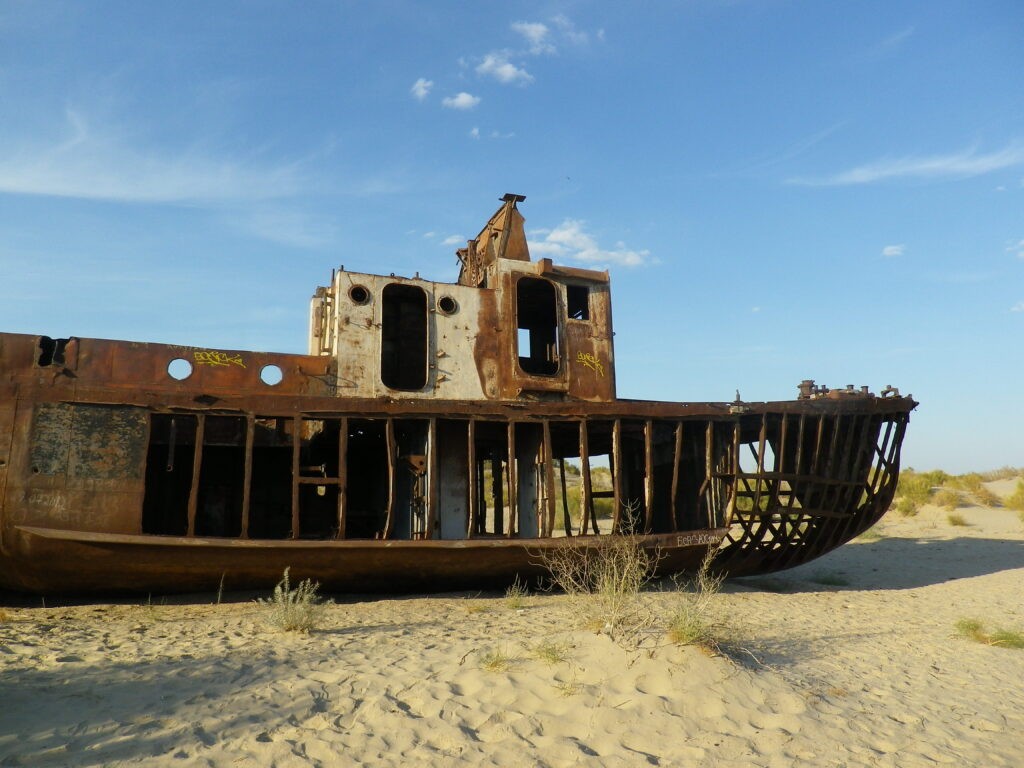Uzbek Teachers Highlight Rising Interest in English and Other Foreign Languages
Interest in learning foreign languages in Uzbekistan is growing year by year, with English proving by far, the most popular. The English language is taught in Uzbekistan's schools from the 1st to the 11th grade. More advanced classes are offered by colleges or universities and in an ever- increasing number of educational centers specializing in teaching English. Regarding young people's interest in the language, Abbas Khan Mekhmonaliev, a teacher at the “English Team” language learning center, told The Times of Central Asia: “There is much to admire when it comes to the new generation in Uzbekistan, especially their passion for learning English. In the past, many young people studied English primarily to meet university entrance requirements. However, times have changed. Today, young people are thinking more broadly: learning English is no longer just a stepping stone to an education that opens the door to a future career. Young Uzbeks dream of going abroad to visit and succeed, and English is key to opening up global opportunities. This focus is about more than just language proficiency; it is about a distant future in which their lives will be more prosperous, fulfilling, and globally connected." According to Mekhmonaliev, English dominates other languages, especially amongst ambitious young people who see their peers succeed abroad by mastering English. In addition, they see it as an essential step towards promoting and achieving international recognition for Uzbekistan. “Several factors are responsible for the growing interest in learning English among the youth of Uzbekistan," explained Mekhmonaliev."First, English is the key to good career opportunities at home and abroad, as many employers require English. Second, access to global information, culture, and education, mostly in English, encourages young people to learn languages. Finally, studying or working abroad has become more attractive, and English is an important tool for achieving these ambitions and broadening their horizons.” Reiterating this stance, Rano Jurakulova, with over ten years of teaching English, commented, “Due to international education opportunities, better job prospects, and the influence of globalization, more and more young people are eager to learn English.” According to UNESCO data, Uzbekistan ranked fifth globally in terms of the number of students studying abroad in 2021. In recent years, the number of people wishing to study and work in Turkey has risen significantly and as of September 2024, over 55 thousand citizens of Uzbekistan received a residence permit for the country. As a result, the demand for studying the Turkish language has also increased. Turkish language teacher, Mohinur Qurbonmuradova, connects the increase in the number of language learners with the requirement of a language certificate for enrolment in master’s and doctoral studies : “90% of students study the Turkish language for this purpose. It is easy and a language close to Uzbek. Learning English takes a little longer." However, aside from attaining the certificate, she adds that very few are interested in learning Turkish. For many, English is no longer just an academic requirement but a powerful tool that opens doors to global educational opportunities, employment,...






